ADELAIDE, Australia: Research undertaken at the University of Adelaide has examined whether an orthodontic treatment has an impact on psychosocial outcomes. The study concluded that, contrary to popular belief, such therapy does not result in better psychosocial functioning later in life.
The study, the first of its type in Australia and the second in the world, investigated whether having undergone treatment with fixed orthodontic appliances led to a greater level of happiness or psychosocial outcomes later in life. The longitudinal study followed 448 13-year-olds from Adelaide who had previously participated in an oral epidemiology study between 1988 and 1989. By the time the participants turned 30 in 2005 and 2006, more than a third had received an orthodontic treatment.
“There was a pattern of higher psychosocial scores in people who did not have orthodontic treatment, meaning people who hadn’t had braces fitted were significantly more optimistic than the ones that did have braces,” said study co-author Dr Esma Doğramaci, lecturer in orthodontics at the university’s School of Dentistry. “Those who didn’t have braces had varying levels of crooked teeth, just like those who had braces treatment, ranging from mild through to very severe.”
The study looked at four psychosocial aspects. First, it examined how well the participants felt they coped with new or difficult situations and associated setbacks. Then, the researchers checked how confident they felt in taking care of their own health. The researchers also assessed the support the participants believed they received from their personal network and, finally, their level of optimism.
“These indicators were chosen because they are important for psychosocial functioning and are relevant to health behaviours and health outcomes, since the core research question was the impact of braces treatment on patients’ self-confidence and happiness in later life,” Doğramaci noted. “A lot of people are convinced that if they have braces, they will feel more positive about themselves and do well, psychosocially, in later life. This study confirmed that other factors play a role in predicting psychosocial functioning as adults—braces as a youngster was not one of them.”
The study, titled “The long-term influence of orthodontic treatment on adults’ psychosocial outcomes: An Australian cohort study”, was published online on 27 May 2019 in Orthodontics and Craniofacial Research, ahead of inclusion in an issue.
Tags:
HELSINKI, Finland: Scientists have previously identified obesity and increasing age as risk factors for gestational diabetes mellitus (GDM). Some scholars ...
XIAN, China: Reflux is an uncomfortable condition that can have negative effects on a patient’s oral health. In a recent study, researchers have ...
LONDON, England: More than a third of UK adults in a study by periodontal health brand Corsodyl experience bleeding gingivae at least once a month when they...
BUFFALO, N.Y., US: Research has shown that smoking cannabis can be detrimental to overall health and can have adverse effects on the lungs, heart and brain....
LONDON, UK: According to 2017 statistics released by the NHS, there were more than 40,000 hospital operations to extract teeth in children and teenagers in ...
AARHUS, Denmark: Smoking can greatly affect periodontitis treatment—these are the findings of a recent study that investigated the influence of different ...
ADELAIDE, Australia: Research carried out at the University of Adelaide has examined the relationship between previous orthodontic treatment and improved ...
MELBOURNE, Australia: In the first large-scale study to look at the oral microbiome, researchers from Murdoch Children’s Research Institute (MCRI) have ...
BALTIMORE, U.S: Scientists investigating the potential health effects of vaping on the human pulmonary system have reported that inhaling vapor from ...
An interview with ADC speaker Prof. Philip Marsh, UK
Live webinar
Tue. 24 February 2026
1:00 pm EST (New York)
Prof. Dr. Markus B. Hürzeler
Live webinar
Tue. 24 February 2026
3:00 pm EST (New York)
Prof. Dr. Marcel A. Wainwright DDS, PhD
Live webinar
Wed. 25 February 2026
11:00 am EST (New York)
Prof. Dr. Daniel Edelhoff
Live webinar
Wed. 25 February 2026
1:00 pm EST (New York)
Live webinar
Wed. 25 February 2026
8:00 pm EST (New York)
Live webinar
Tue. 3 March 2026
11:00 am EST (New York)
Dr. Omar Lugo Cirujano Maxilofacial
Live webinar
Tue. 3 March 2026
8:00 pm EST (New York)
Dr. Vasiliki Maseli DDS, MS, EdM



 Austria / Österreich
Austria / Österreich
 Bosnia and Herzegovina / Босна и Херцеговина
Bosnia and Herzegovina / Босна и Херцеговина
 Bulgaria / България
Bulgaria / България
 Croatia / Hrvatska
Croatia / Hrvatska
 Czech Republic & Slovakia / Česká republika & Slovensko
Czech Republic & Slovakia / Česká republika & Slovensko
 France / France
France / France
 Germany / Deutschland
Germany / Deutschland
 Greece / ΕΛΛΑΔΑ
Greece / ΕΛΛΑΔΑ
 Hungary / Hungary
Hungary / Hungary
 Italy / Italia
Italy / Italia
 Netherlands / Nederland
Netherlands / Nederland
 Nordic / Nordic
Nordic / Nordic
 Poland / Polska
Poland / Polska
 Portugal / Portugal
Portugal / Portugal
 Romania & Moldova / România & Moldova
Romania & Moldova / România & Moldova
 Slovenia / Slovenija
Slovenia / Slovenija
 Serbia & Montenegro / Србија и Црна Гора
Serbia & Montenegro / Србија и Црна Гора
 Spain / España
Spain / España
 Switzerland / Schweiz
Switzerland / Schweiz
 Turkey / Türkiye
Turkey / Türkiye
 UK & Ireland / UK & Ireland
UK & Ireland / UK & Ireland
 Brazil / Brasil
Brazil / Brasil
 Canada / Canada
Canada / Canada
 Latin America / Latinoamérica
Latin America / Latinoamérica
 USA / USA
USA / USA
 China / 中国
China / 中国
 India / भारत गणराज्य
India / भारत गणराज्य
 Pakistan / Pākistān
Pakistan / Pākistān
 Vietnam / Việt Nam
Vietnam / Việt Nam
 ASEAN / ASEAN
ASEAN / ASEAN
 Israel / מְדִינַת יִשְׂרָאֵל
Israel / מְדִינַת יִשְׂרָאֵל
 Algeria, Morocco & Tunisia / الجزائر والمغرب وتونس
Algeria, Morocco & Tunisia / الجزائر والمغرب وتونس
 Middle East / Middle East
Middle East / Middle East





















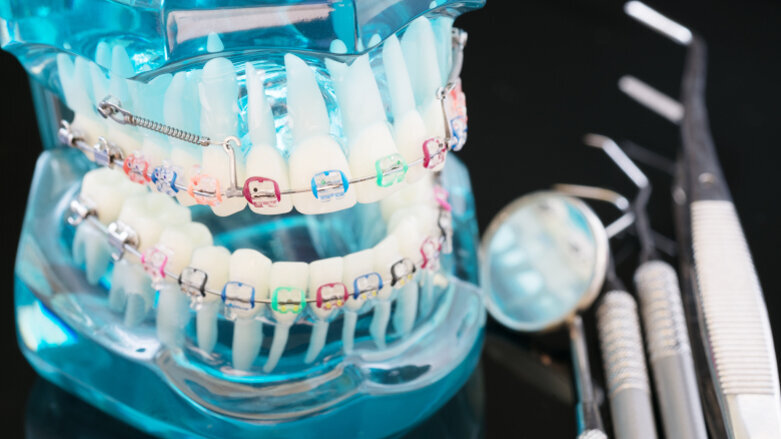








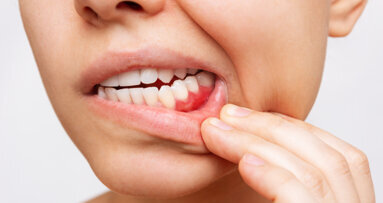
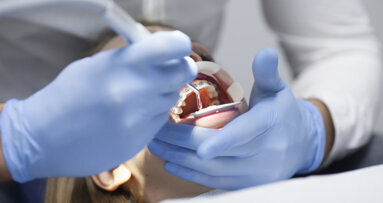
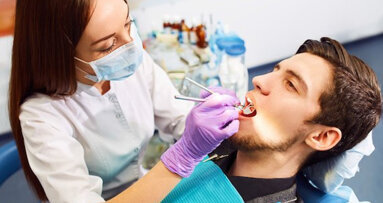

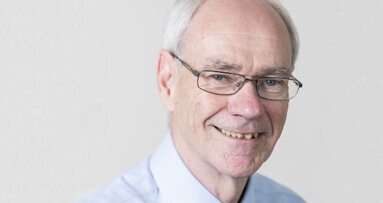









To post a reply please login or register